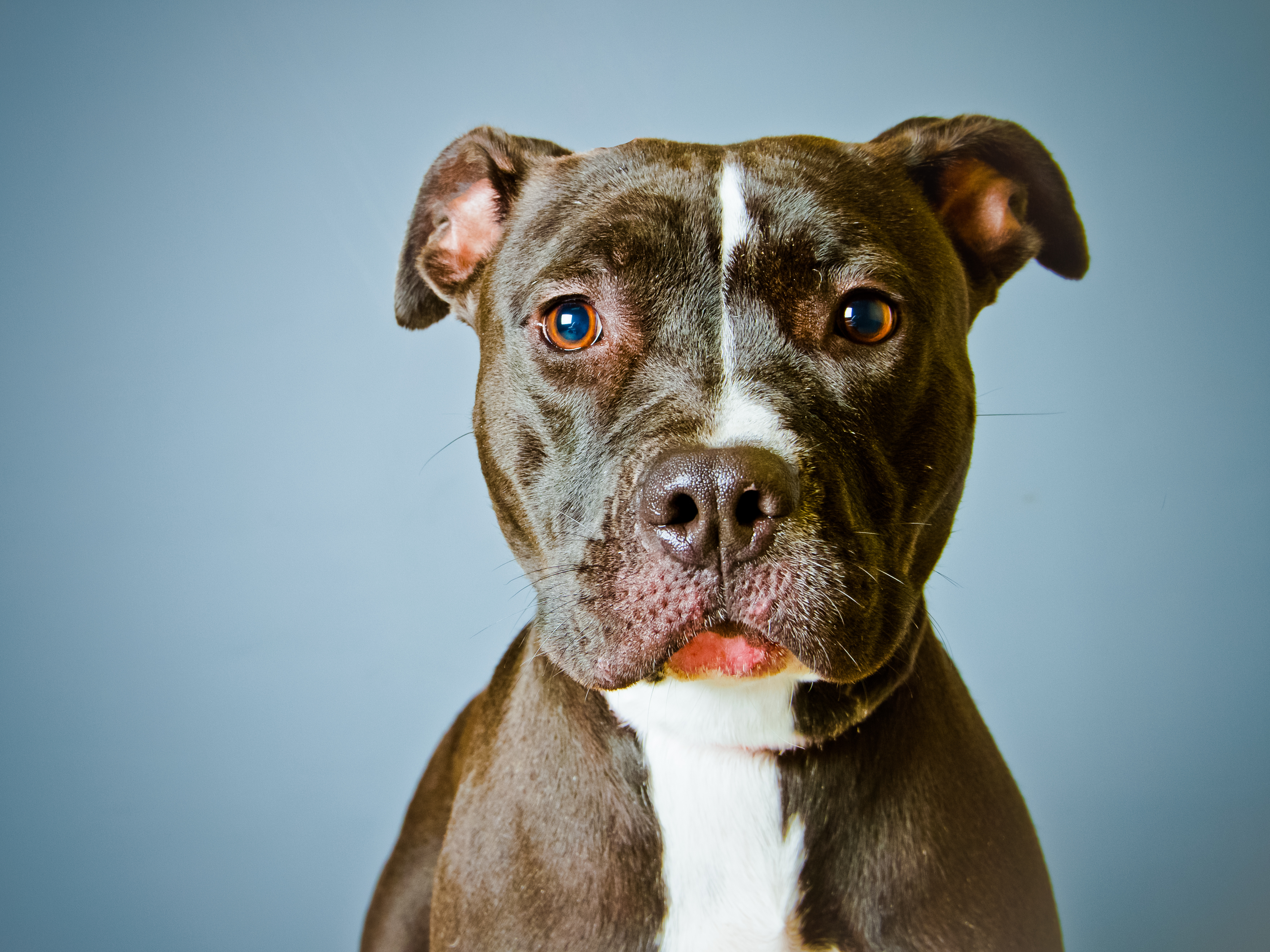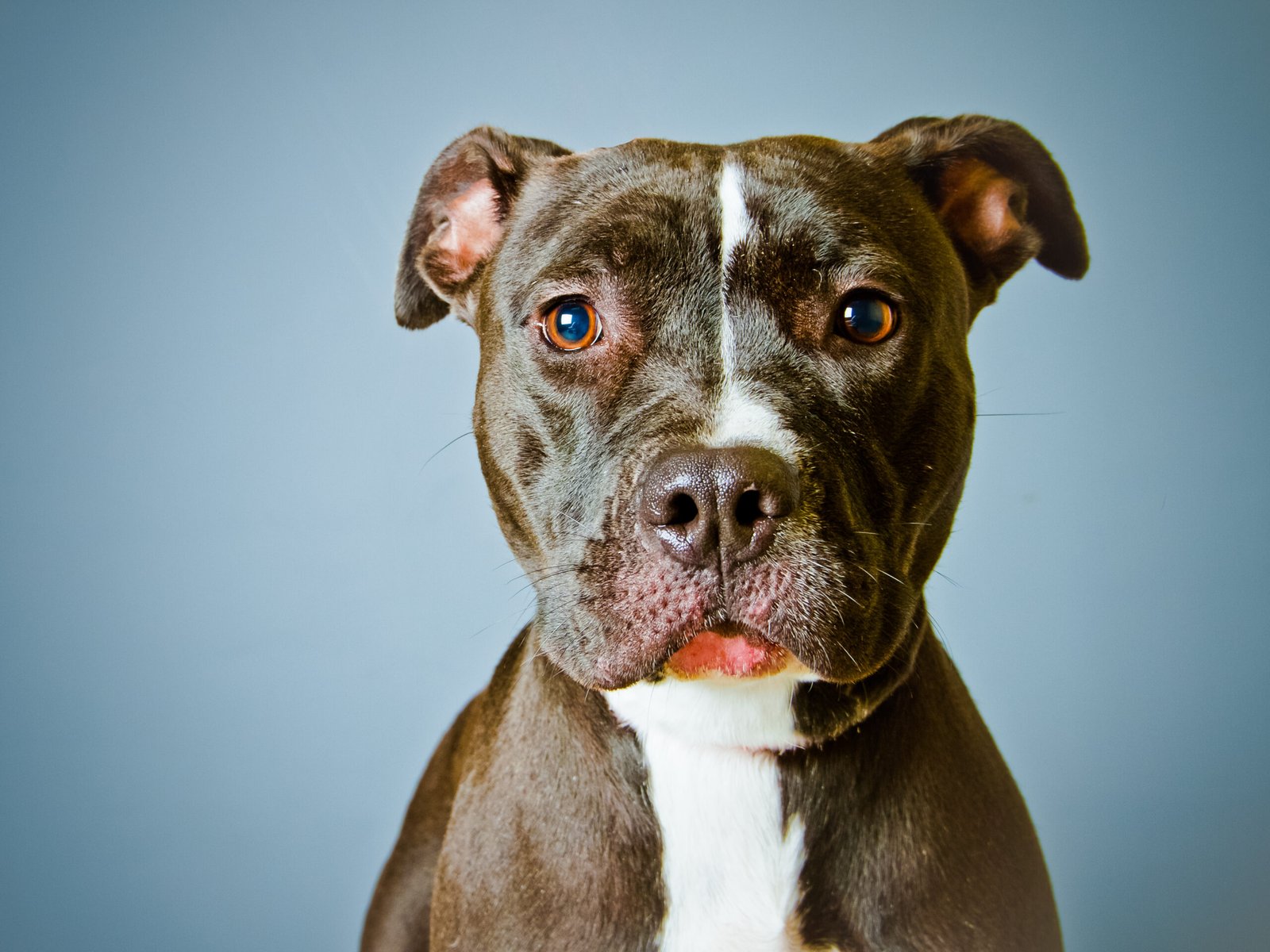Did you know that pitbull dogs are responsible for a significant number of fatal dog attacks in the United States? Despite being affectionate pets for many families, their reputation for aggression and potential danger cannot be ignored.
Pitbull dogs have gained notoriety for their potential to cause harm due to a combination of factors. Firstly, their history as fighting dogs has instilled a natural instinct for aggression, which can be difficult to control even with proper training. Additionally, their physical characteristics, such as strong jaws and muscular bodies, give them the power to cause serious harm. It is essential to recognize and address these traits responsibly to ensure the safety of both pitbull dogs and those around them.
While it’s important to approach any dog with caution, it’s unfair to single out pitbull dogs as dangerous. Like any breed, their behavior is influenced by their upbringing, training, and socialization. Pitbulls were historically bred for specific tasks, which can sometimes lead to a stronger, more powerful dog. However, with proper training, socialization, and responsible ownership, pitbulls can be loving and well-behaved companions. It’s important to judge dogs as individuals rather than generalizing based on their breed.

Why Are Pitbull Dogs Dangerous?
Pitbull dogs have gained a reputation for being dangerous and aggressive, but is this reputation justified? In this article, we will explore the topic of why pitbull dogs are considered dangerous. We will delve into their history, traits, behavior, and the factors that contribute to their reputation. Through understanding these factors, we can gain a nuanced perspective on pitbull dogs and challenge some misconceptions.
The Origins and History of Pitbull Dogs
Pitbull dogs, also known as American Pit Bull Terriers, have a rich and complex history. Developed in the 19th century, they were initially bred for blood sports such as bull-baiting and bear-baiting. These sports involved pitting dogs against large animals, exhibiting their strength and tenacity. Over time, these brutal activities were outlawed, and pitbulls were repurposed for other roles, including working on farms and as family companions.
The traits that made pitbulls successful in blood sports, such as their strength, loyalty, and determination, are still prevalent in modern-day pitbulls. However, it is important to note that their behavior is heavily influenced by their upbringing and environment. Like any dog breed, pitbulls do not inherently possess aggression towards humans. It is the responsibility of the owner to properly raise and socialize them to ensure they exhibit positive and safe behavior.
Understanding Pitbull Behavior
To understand why pitbull dogs have gained a reputation for being dangerous, it is essential to examine their behavior. Pitbulls are known for their high energy levels, intelligence, and strong prey drive. If these traits are not properly managed and channeled, it can result in undesirable behaviors. Pitbulls can be prone to dog aggression, which means they may exhibit aggression towards other dogs. This behavior can be attributed to their history of being bred for dog fighting.
However, it is essential to highlight that not all pitbulls display aggressive tendencies. Proper training, socialization, and responsible ownership play a significant role in shaping a pitbull’s behavior. Many well-trained and socialized pitbulls coexist peacefully with other dogs and demonstrate friendly behavior towards humans. It is crucial to judge individual dogs based on their behavior rather than making assumptions solely based on their breed.
Factors Contributing to the Reputation
Several factors contribute to the reputation of pitbull dogs as being dangerous. One significant factor is media portrayal. Instances of pitbull attacks are often sensationalized and widely reported, creating a skewed perception of the breed. It is crucial to acknowledge that any dog breed has the potential to exhibit aggression, and it is statistically inaccurate to single out pitbulls as the most dangerous breed.
Another factor is irresponsible ownership. Pitbulls require a dedicated and experienced owner who can provide proper training, socialization, and exercise. Unfortunately, some individuals acquire pitbulls without understanding the breed’s specific needs, resulting in behavior issues and potentially dangerous situations. Irresponsible ownership, neglect, and abuse can lead to dogs displaying aggressive behaviors, regardless of their breed.
Moreover, breed-specific legislation (BSL) has contributed to the negative perception of pitbulls. BSL imposes restrictions and bans on certain breeds based on their perceived danger. While the intention may be to protect public safety, evidence suggests that BSL is ineffective in reducing dog attacks. Responsible ownership and proper education about dog behavior are more effective approaches to ensuring public safety.
Understanding Pitbull Dogs: Debunking Misconceptions
Pitbulls as Family Pets: The Benefits
Contrary to popular belief, pitbulls can make excellent family pets when provided with the right environment, training, and socialization. They are known for being loyal, affectionate, and great with children. Pitbulls often form strong bonds with their families and can be protective.
When raised in a loving and caring home, pitbulls thrive as family companions. They are known for their gentle and tolerant nature towards children, making them wonderful playmates. With the right training and guidance, they can be trusted around children and other pets.
Pitbulls vs. Other Dog Breeds: A Perspective
When comparing the potential danger of pitbulls to other dog breeds, it is essential to consider reliable data. Studies have consistently shown that breed alone is not a reliable predictor of aggressive behavior in dogs. Factors such as individual temperament, socialization, and training have a far greater impact on a dog’s behavior.
In fact, the American Temperament Test Society, which tests the aggression and stability of different breeds, has shown that pitbulls often score above average in temperament tests. This suggests that pitbulls can be just as friendly and stable as other popular dog breeds.
Tips for Responsible Pitbull Ownership
If you are considering adding a pitbull to your family, it is important to understand the responsibilities that come with owning this breed. Here are some essential tips for responsible pitbull ownership:
1. Proper Socialization: Introduce your pitbull to various environments, people, and other animals from an early age to ensure they are comfortable and well-behaved in different situations.
2. Positive Reinforcement Training: Use positive reinforcement techniques, such as rewards and praise, to train your pitbull effectively. This approach builds trust and creates a strong bond between you and your dog.
3. Regular Exercise: Pitbulls are active dogs that require regular exercise to fulfill their energy needs. Daily walks, playtime, and interactive toys are essential for keeping them physically and mentally stimulated.
4. Supervise Interactions: Always supervise your pitbull when interacting with other dogs or unfamiliar people. This ensures the safety of all parties involved and allows you to intervene if necessary.
5. Spay or Neuter: Consider spaying or neutering your pitbull to reduce the likelihood of aggressive behavior, particularly towards other dogs.
By following these responsible ownership practices, you can help promote positive behavior and break the cycle of negative stereotypes associated with pitbull dogs.
Conclusion
Pitbull dogs are not inherently dangerous. Their behavior is shaped by their upbringing and environment, rather than their breed alone. Through responsible ownership, appropriate training, and socialization, pitbulls can become loving, loyal, and well-behaved companions. It is crucial to judge individual dogs based on their behavior rather than preconceived notions based on their breed. By challenging misconceptions and promoting responsible ownership, we can foster an environment of understanding and appreciation for all dog breeds, including pitbulls.
Key Takeaways: Why are Pitbull Dogs Dangerous?
- Pitbull dogs can be dangerous due to their strong jaw muscles.
- Some pitbulls have aggressive tendencies, but proper training and socialization can help manage their behavior.
- Irresponsible ownership and mistreatment can contribute to a pitbull’s aggression.
- Media portrayal often exaggerates the danger of pitbulls, leading to misconceptions.
- It is important to judge dogs as individuals rather than basing their behavior solely on breed stereotypes.
Frequently Asked Questions
Welcome to our FAQ section where we answer some common questions about pitbull dogs and their perceived dangerousness.
What makes pitbull dogs sometimes seen as dangerous?
Pitbull dogs are sometimes seen as dangerous due to their history of being bred for dog fighting. Historically, they were selectively bred for their strong and muscular build. Unfortunately, this reputation has led to misconceptions about their temperament and behavior. It’s important to note that a dog’s behavior is influenced by various factors including socialization, training, and individual personality.
It’s crucial not to generalize the behavior of all pitbull dogs based on the actions of a few. Responsible ownership, proper training, and positive socialization play a significant role in shaping a dog’s behavior, regardless of breed.
Do pitbull dogs have a higher aggression level compared to other breeds?
No, pitbull dogs do not inherently have a higher aggression level compared to other breeds. It is a common misconception that they are intrinsically more aggressive. Like any other breed, individual temperaments can vary within the Pitbull breed. It’s crucial to remember that aggression is a complex behavior that is influenced by various factors like genetics, environment, improper training, or socialization.
It is important for any dog owner to provide their pet with a loving and structured environment, ensuring they receive proper training and socialization from a young age. This helps create well-rounded and balanced dogs, regardless of breed.
Are pitbull dogs suitable for families with children?
Yes, pitbull dogs can be suitable for families with children. Like any dog, early socialization and proper training play a crucial role in determining their behavior around children. It’s important for parents to supervise interactions and teach children how to approach and interact with dogs in a safe and respectful manner.
As with any dog, it is recommended to choose an individual dog with a good temperament, meet the dog beforehand, and ensure the breed is a good fit for your family’s lifestyle and needs.
Are there any breed-specific laws or restrictions for pitbull dogs?
Yes, certain countries, states, or municipalities have breed-specific legislation or restrictions for pitbull dogs. These laws are put in place due to concerns related to public safety. However, it’s important to note that breed-specific legislation has been met with mixed opinions and criticisms from various animal welfare organizations.
It is crucial to research and understand the specific laws and regulations in your area regarding pitbull dogs to ensure compliance and responsible ownership.
What can be done to prevent dog-related incidents and promote responsible ownership?
Preventing dog-related incidents and promoting responsible ownership involves a combination of factors. Firstly, education is key. Offering resources on dog behavior, training, and responsible ownership to prospective and current dog owners can help prevent incidents and improve overall knowledge.
Additionally, enforcing and enhancing leash laws, ensuring proper socialization and training programs, along with spay/neuter initiatives, can help reduce dog-related incidents and promote responsible ownership across all breeds.

VERIFY: Are pit bulls the most dangerous breed of dog?
Summary
Pitbull dogs often get a bad rap, but it’s important to look beyond the stereotypes. Like any dog breed, their behavior depends on how they are raised and trained. While some pitbulls may exhibit aggression due to mistreatment, many pitbulls are friendly and loyal pets. It’s crucial to promote responsible ownership and ensure that these beautiful dogs receive the love and care they deserve. By educating ourselves and others about the true nature of pitbulls, we can help break the stigma and create a safer and more inclusive community for all dogs and their owners.
